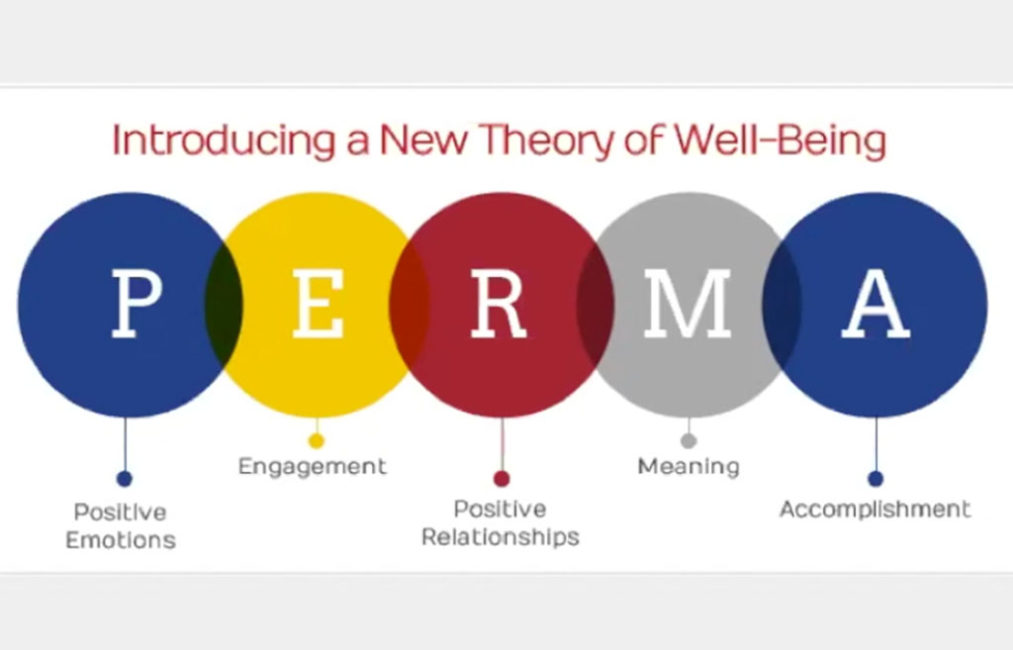
Building a Trusted Agent to Facilitate Human Flourishing
In this session, Keith Coleman and Ming Fu share how the science of well-being can help build resilience and strengths and gain much needed positive emotions in a time of uncertainty.
Building a Trusted Agent to Facilitate Human Flourishing
November 5, 2020
Keith Coleman and Ming Fu will look at how we can leverage trust in the science of well-being during times of uncertainty as well as how positive psychology conversational tech platforms can intermediate, meeting people where they are, adding a personal fit for mental health practice.
Situated Activity, Distributed Intelligence and Action Pathways
November 9, 2020
In this five session virtual program, academic and industry researchers will work side-by-side to explore user-centered distributed intelligence, through materials, competencies and activities.
Immersion and Learning
Anna Queiroz is a researcher at the Virtual Human Interaction Lab at Stanford University. Anna is in charge of the educational efforts using virtual reality at the Virtual Human Interaction Lab at Stanford University. Her research focus on cognitive and effective implications of new media and technology in learning, attitude and behavior change. She is […]
Language, Culture and Digital Media
Bryan Brown is a professor of teacher education. His research interest explores the relationship between student identity, discourse, classroom culture, and academic achievement in science education. He focuses on the social connotations and cultural politics of science discourse in small-group and whole-group interaction. Additionally, his research work in science education examines how teacher and student […]
Crossing the Chasm with Crisis Communication
Parvati Dev, PhD, is CEO of SimTabs LLC. She completed her doctorate at Stanford University and did post-doctoral research at M.I.T. It was a stint in industry that showed her that she could build products that changed how a physician or surgeon performed their task. She returned to Stanford University to start a learning technology […]
Leveraging Distributed Intelligence
Roy Pea is David Jacks Professor of Education & Learning Sciences at Stanford University, Graduate School of Education, and (by courtesy) Computer Science, and Director of the H-STAR Institute. His studies and publications in the learning sciences focus on advancing theories, research, tools, and social practices of technology-enhanced learning of complex domains, including his role […]
Not for the Faint of Heart: Creating an Environment for Learning in Virtual Spaces
Jill Helms is Professor of Surgery (Plastic & Reconstructive Surgery) at Stanford University. Her research program in the field of regeneration medicine is inspired by collaborations with experts in bioengineering, materials science, physics, and with colleagues in the life sciences. The group focuses on developing strategies to improve tissue healing through the re-activation of autologous […]
Quantitative Predecessors to Human Actions
Carla Pugh is Professor of Surgery at Stanford University School of Medicine. She is also the Director of the Technology Enabled Clinical Improvement (T.E.C.I.) Center. Her clinical area of expertise is Acute Care Surgery. She is the first surgeon in the United States to obtain a PhD in Education. Her goal is to use technology […]